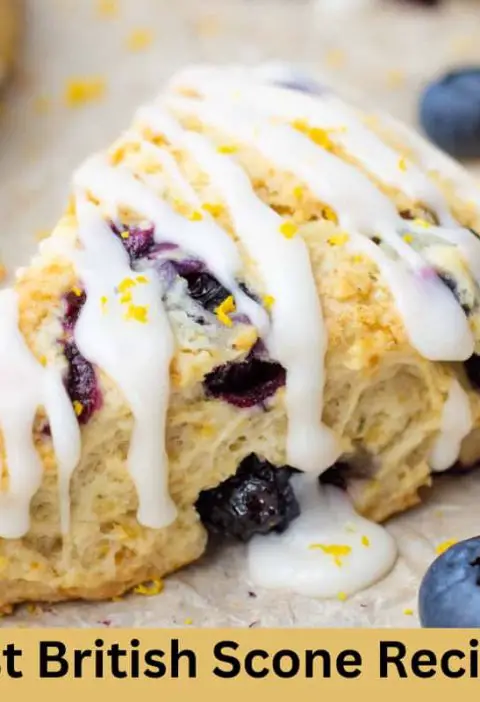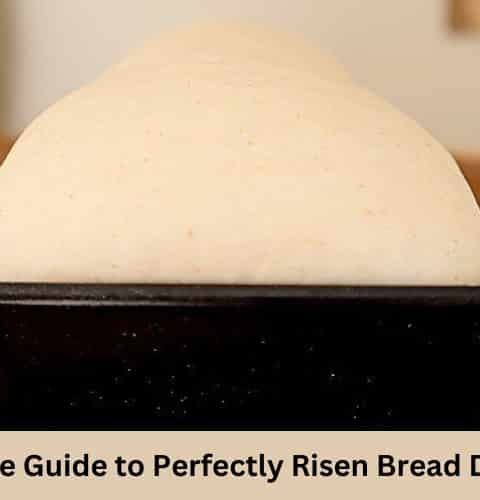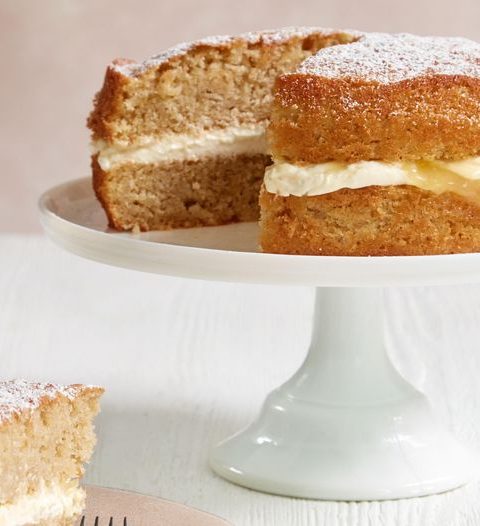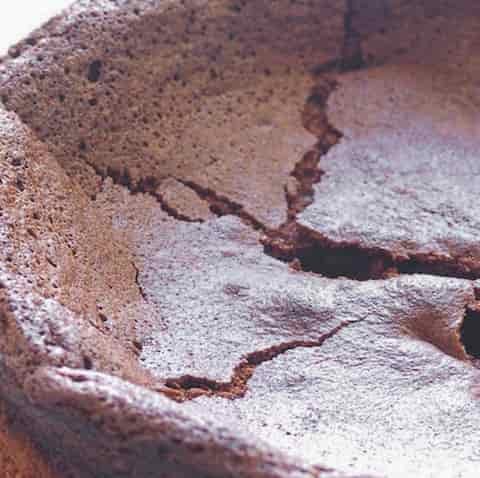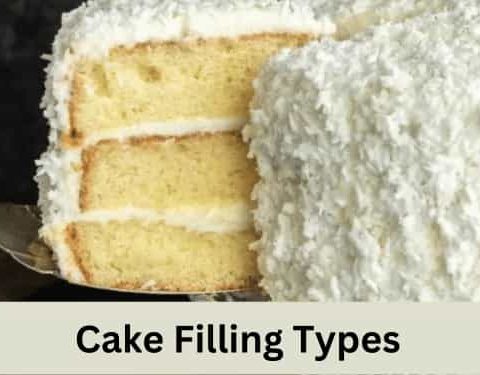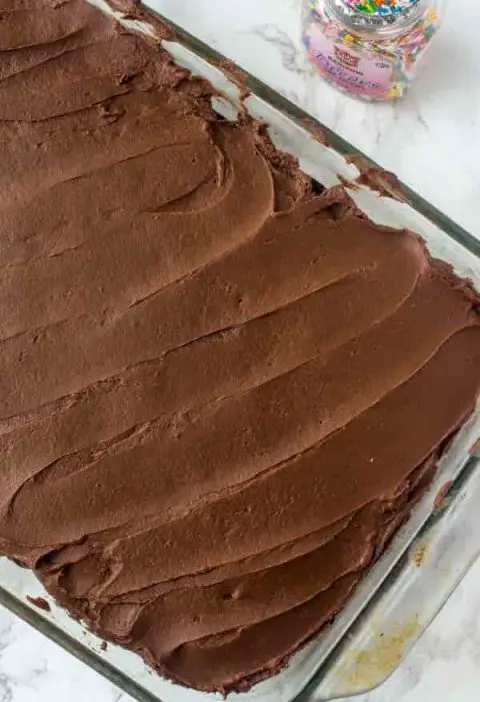Baking cupcakes is an art form that I’ve come to love and appreciate over the years. It’s a process that requires precision, creativity, and a bit of baking science to achieve those perfect, mouth-watering delights.
Today, I’ll share with you my top 12 tips for baking better cupcakes, drawing from my 10 years of baking experience. These tips are designed to help you achieve the perfect cupcakes every time, ensuring they’re always moist, flavorful, and beautifully presented.
Popular Cupcakes Recipes to Try
1. Understand Your Ingredients
The first step to baking exceptional cupcakes is to understand your ingredients. Each ingredient plays a critical role in the outcome of your cupcakes.
- Flour is the backbone of your cupcake, providing structure.
- Sugar not only sweetens but also tenderizes.
- Fat (butter or oil) contributes to the moistness and flavor.
- Eggs bind the mixture together and add richness.
- Leavening agents (baking powder or soda) ensure your cupcakes rise beautifully.
2. Measure Ingredients Precisely
Baking is a science, and precision is key. Use a kitchen scale to measure your ingredients for accuracy. Even a slight deviation in ingredient quantities can affect the texture and rise of your cupcakes.
3. Bring Ingredients to Room Temperature
Ensuring ingredients like eggs, butter, and milk are at room temperature is a cornerstone of baking success. Why, you ask? Well, room-temperature ingredients blend together more easily and more fully, creating a batter that’s uniform in texture and in temperature. This uniformity means your cupcakes will cook more evenly, giving you a tender crumb and consistent rise across the batch. If you’re short on time, there are shortcuts: place eggs in warm water for about 10 minutes, or cut your butter into small pieces and let it sit out for a bit to warm up faster. But patience is a baker’s virtue – giving your ingredients time to warm up naturally can make a noticeable difference in your baking.
4. Don’t Overmix the Batter
When we mix our cupcake batter, we’re aiming for a harmonious blend of ingredients, not a workout session for the gluten in our flour. Gluten development is great for chewy bread, but for cupcakes, we want tender, soft, and delicate. Mix just until your dry and wet ingredients come together and stop as soon as you don’t see any more streaks of flour. If you’re using an electric mixer, keep it on a low speed. Overmixing not only makes the batter tough, but it can also lead to peaks and cracks on your cupcakes as they bake, moving us away from the smooth, rounded tops we’re aiming for.
5. Use the Right Tools
Baking is as much about skill as it is about having the right tools for the job. A high-quality muffin pan is essential for even heat distribution, ensuring all your cupcakes bake at the same rate and avoid those dreaded burnt edges. Non-stick surfaces can also make your life easier, though using cupcake liners is a good practice not just for easy release but for aesthetic reasons too. Liners come in various colors and patterns, adding a personal touch to your creations. As for filling your liners, a trigger scoop (like an ice cream scoop) is your best friend. It ensures each cupcake is the same size, which is not just about looking professional; it’s about ensuring an even baking time for every single cupcake in the pan. Consistency is key in baking, and the right tools make all the difference.
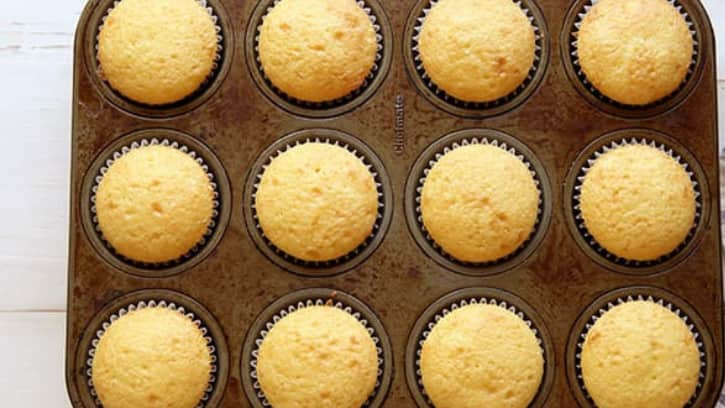
6. Preheat Your Oven
The importance of a preheated oven can’t be overstated in the world of baking. Placing your cupcakes in an oven that’s not yet reached the desired temperature can lead to uneven baking, with the outside of the cupcake cooking faster than the inside. This can affect the rise, as the batter needs a sudden burst of heat to activate the leavening agents properly. An oven thermometer is an invaluable tool here; ovens can often be off by quite a bit from the temperature you’ve set. By ensuring your oven is at the right temperature before you start, you’re setting your cupcakes up for success.
7. Fill Liners to the Right Level
Filling your cupcake liners to about two-thirds full is more science than art. This precise amount allows the batter enough room to expand and rise without overflowing, leading to those perfectly domed tops that are so sought after. Overfilling can result in cupcakes merging together or spilling onto the pan, creating a mess and uneven shapes. If you’re aiming for consistency in size and presentation, a scoop can help measure out the perfect amount of batter every time.
8. Bake in the Center of the Oven
Positioning your cupcake pan in the center of the oven is crucial for even baking. The center of the oven offers the most consistent heat distribution, allowing the hot air to circulate evenly around the pan. Baking on the top or bottom rack can expose your cupcakes to too much direct heat from the heating elements, leading to uneven baking, with the top or bottom cooking too quickly. Consistent placement ensures every cupcake has the same baking experience, resulting in a uniformly perfect batch.
9. Keep an Eye on the Baking Time
Even with precise recipes, the exact baking time can vary based on several factors, including your specific oven, the type of cupcake pan you’re using, and even the weather. Start checking your cupcakes a bit before the suggested time by inserting a toothpick into the center of one. If it comes out clean or with just a few crumbs, they’re done. If there’s wet batter, give them a few more minutes. This vigilance prevents overbaking, ensuring your cupcakes remain moist and tender.
10. Let Them Cool Properly
The cooling process is just as important as the baking itself. Allowing your cupcakes to cool for a few minutes in the pan helps them to set and makes removing them easier. However, leaving them in the pan too long can cause condensation to form on the bottom of the liners, leading to soggy bottoms. Transferring them to a wire rack to cool completely ensures air can circulate around the cupcakes, cooling them evenly and preventing moisture buildup.
FAQs
Why do my cupcakes sink in the middle after baking?
Cupcakes often sink in the middle when they’re underbaked or when the oven door is opened too early, causing a rapid temperature change. Ensure your oven reaches the correct temperature before baking and use a toothpick to check doneness. Avoid opening the oven frequently during the baking process to maintain a consistent temperature.
How can I make my cupcakes more moist?
To achieve moist cupcakes, ensure you’re not overbaking them and measure your ingredients accurately. Adding a bit more fat, such as oil or butter, can also help. Ingredients like sour cream or yogurt added to the batter can increase moisture while contributing to a tender crumb.
What’s the best way to store cupcakes to keep them fresh?
Store cupcakes in an airtight container at room temperature for up to two days. If you’ve already frosted them, make sure the frosting sets before covering to avoid smudging. For longer storage, unfrosted cupcakes can be frozen for up to 3 months, wrapped individually in plastic wrap and placed in airtight containers.
Can I substitute all-purpose flour with cake flour in cupcake recipes?
Yes, you can substitute all-purpose flour with cake flour to achieve a lighter, more tender cupcake. For every cup of all-purpose flour, use one cup plus 2 tablespoons of cake flour. Cake flour has a lower protein content, which results in a finer, softer texture.
Final Words
Baking cupcakes is a journey of discovery and finesse. With each batch, you learn a little more about the delicate balance of ingredients, the precision of timing, and the joy of sharing your creations. By following these 12 tips, you’re not just baking; you’re crafting moments of delight. So, preheat your ovens, gather your best ingredients, and pour your heart into every cup. Because when you bake with passion and knowledge, the result is always sweet. Happy baking, my fellow connoisseurs, and may your cupcakes always be a reflection of your dedication to the craft.

